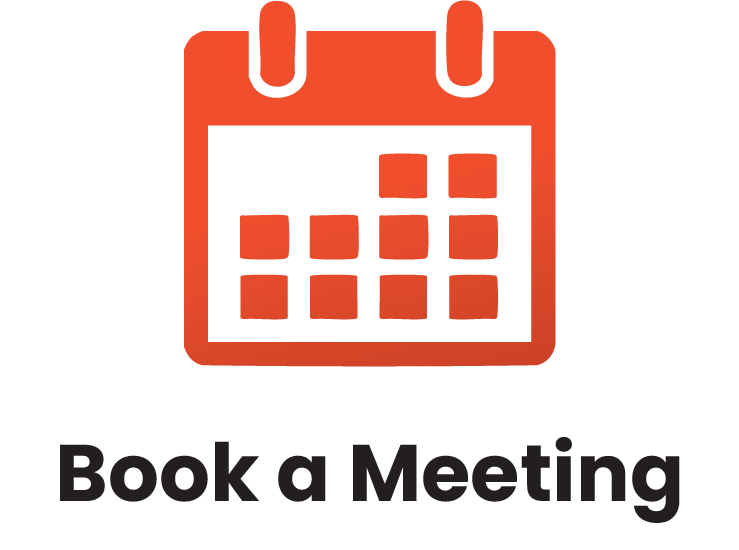Interactive training sessions led by experienced facilitators.
What is In-Person, Instructor-Led Training?
Our in-person training is delivered by a live facilitator who works directly with your team at your location. It’s our most popular format because it allows for real-time interaction, hands-on learning, and direct support.
Every session is tailored to your team’s specific goals, industry, and challenges—no generic, one-size-fits-all programs. Whether it’s a single session or a full training series, we design the experience to be relevant, practical, and fully aligned with your needs.
What is Live Webinar Training?
Live webinars are facilitator-led training sessions delivered online in real time. They’re ideal for teams working in different locations or with busy schedules.
This format offers shorter, more frequent sessions that are easy to coordinate—making it a convenient option for organizations with remote or distributed teams.
What is Virtual Classroom Training?
Virtual Classroom training is live, instructor-led training delivered online. It offers the same interactive experience as in-person sessions, with real-time discussions, group activities, and instructor feedback.
It’s a flexible option for organizations that want to reduce travel, save costs, or better fit training into busy schedules.
What is a Lunch & Learn Session?
Lunch & Learn sessions are short, facilitator-led training sessions delivered in person or online—typically during the lunch hour. They focus on specific topics or skills and offer a quick, engaging way to learn without a full-day commitment.
These sessions can be offered as one-time events or as part of a series, making them a great option for ongoing, bite-sized learning.
Online Learning
Enjoy our self-paced option and learn from anywhere!
$199.00 USD
Anger Management: Understanding Anger
Anger is a universal experience. Dogs get angry, bees get angry, and so do humans. You don’t have to be a psychologist to know that managing anger productively is something few individuals, organizations, and societies do well. Yet research tells us that those who do manage their anger at work are much more successful than those who don’t.
The co-worker who can productively confront his teammate about his negative attitude increases his team’s chance of success as well as minimizes destructive conflicts. The customer service agent who can defuse the angry customer not only keeps her customers loyal but makes her own day less troublesome. This one-day anger management workshop is designed to help give you and your organization that edge.
LEARNING OBJECTIVES
Learning Objectives
This one-day workshop will teach participants:
- Recognize how anger affects your body, your mind, and your behavior.
- Use the five-step method to break old patterns and replace them with a model forassertive anger.
- Use an anger log to identify your hot buttons and triggers.
- Control your own emotions when faced with other peoples’ anger.
- Identify ways to help other people safely manage some of their repressed or expressed anger.
- Communicate with others in a constructive, assertive manner.


COURSE OUTLINE
What is Anger?
To begin the course, participants will consider what anger is and how it affects their lives.
Costs and Pay-Offs
Next, participants will learn about anger costs and pay-offs.
The Anger Process
In this session, participants will learn how pain and trigger thoughts combine to cause anger. They will also explore their own trigger thoughts. An exercise on how to manage anger using an anger log is also included.
How Does Anger Affect Our Thinking?
Next, participants will learn about types of distorted thinking and how they can manage their thoughts and behavior when they are angry.
Understanding Behavior Types
Sometimes, understanding why someone is behaving in a particular way is enough to ease your anger a little. Participants will explore the four main behavior types in this session.
Managing Anger
In this session, participants will learn coping strategies and relaxation techniques to help them manage anger.
Communication Tips and Tricks
Communicating well can help minimize angry situations. This session will give participants some tips on listening well and asking questions.


















